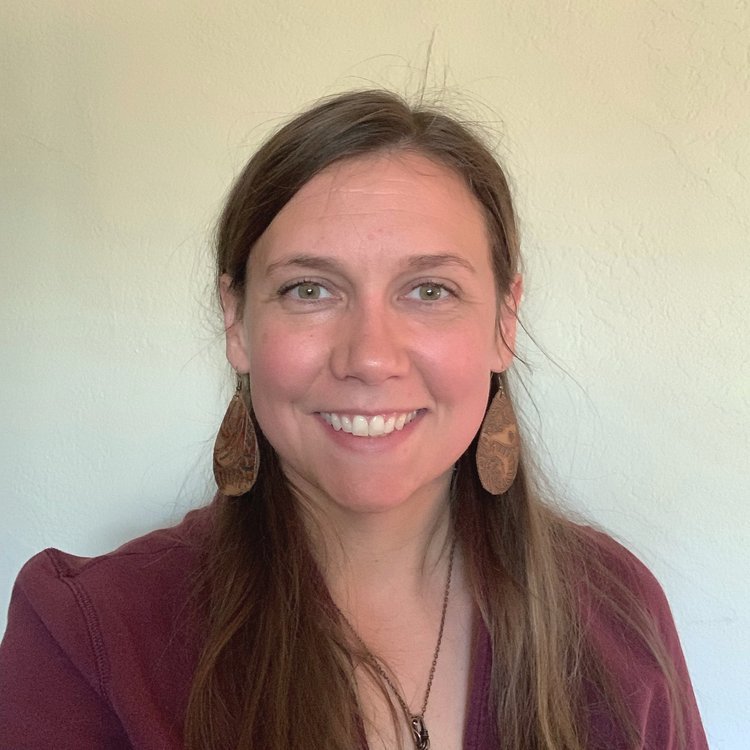Therapy for Kids & Teens
At Village Wellness we believe that children & adolescents should be treated differently than adults. Our clinicians are specially trained to work with children & adolescents and utilize the most up to date interventions, including (but not limited to) play therapy, art therapy, eco therapy, cognitive behavioral therapy & strength based interventions designed to help them decrease their symptoms, increase self confidence, learn more social skills, and learn how to communicate with peers and family members.
Not sure if therapy is the right choice?
Here are some symptoms that may indicate that counseling could be helpful.
-
give more info here
-
It all begins with an idea. Maybe you want to launch a business. Maybe you want to turn a hobby into something more.
-
It all begins with an idea. Maybe you want to launch a business. Maybe you want to turn a hobby into something more.
-
Item description
-
Item description
-
Item description
-
Item description
-
Item description
-
Item description
-
Item description
-
Item description
-
Item description
-
Item description
-
Item description
Stats, FAQs & Questions
Does therapy work?
The simple answer is yes, it absolutely works. The more complicated answer is that in order for it to work you need the right provider for your child, parents and family should participate in treatment, and skills need to be practiced in the time in between sessions.
What are common diagnoses?
ADHD, anxiety problems, behavior problems, and depression are the most commonly diagnosed mental disorders in children.
Info for LBGTQ+
LBGTQ+ youth are 3X more likely to attempt suicide.
37% report high levels of trauma symptoms.
Stats & Facts
1 in 3 teens report feelings of anxiety that impair their daily functioning.
15-18% of teens have experienced a mood disorder by age 18.
Over 1 in 10 youth in the U.S. are experiencing depression that is severely impairing their ability to function at school or work, at home, with family, or in their social life.
6.34% of youth in the U.S. reported a substance use disorder in the past year.
59.8% of youth with major depression do not receive any mental health treatment.
Want helpful tips delivered straight to your inbox?
Don’t worry, we don’t spam :)





